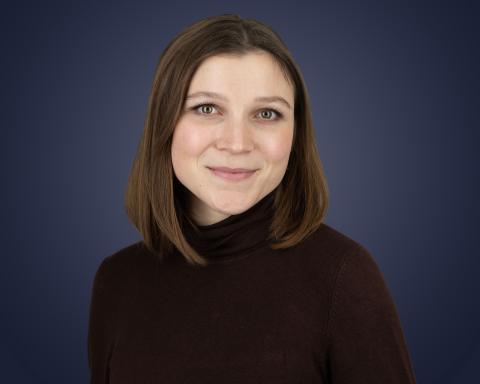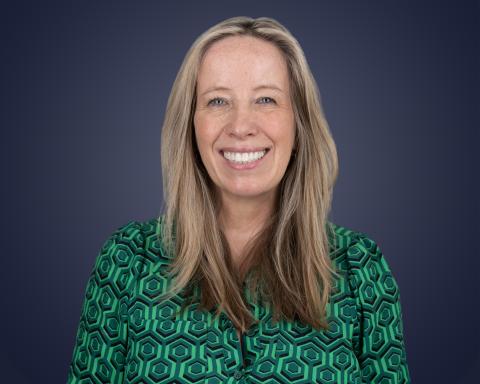Amazon Fire Sticks are enabling “billions of dollars” worth of streaming piracy, according to a report today from Enders Analysis, a media, entertainment, and telecommunications research firm. Technologies from other media conglomerates, Microsoft, Google, and Facebook, are also enabling what the report’s authors deem an “industrial scale of theft."
The report, "Video piracy: Big tech is clearly unwilling to address the problem," focuses on the European market but highlights the global growth of piracy of streaming services as they increasingly acquire rights to live programs, like sporting events.

